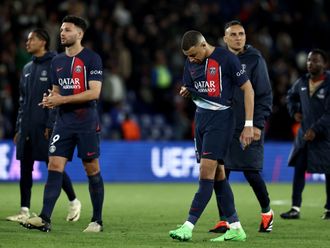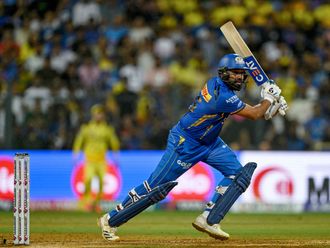Recent Under-20 and Under-17 World Cup wins will mean nothing for England unless these Young Lions are now utilised and given adequate playing time by their clubs.
Victories at age-group level, especially in the Under-17 World Cup aren’t exactly a precursor to winning the World Cup proper. Nigeria hold the record most wins with five and even Switzerland won it in 2009, and neither look to be setting the senior level on fire anytime soon.
However, on the odd occasion where an age-group World Cup win has been a barometer for further success, it’s because the players were supported and given their chance to develop at club level. They’ve also had the right coaches and system in place at senior level.
Brazil won the Under-17 World Cup in 1997 with a boy called Ronaldinho before going on to win the 2002 World Cup under Luiz Felipe Scolari, and Spain won the Under-20 World Cup in 1999 with Xavi before victory in 2010 under Vicente Del Bosque.
It’s easier to do in Spain and Brazil though as their leagues and clubs are a lot more parochial, whereas foreign ownership and foreign management of clubs in England, and an obsession with keeping the Premier League’s (EPL) marketing appeal global to chase money, has made the division English in only name. Who is in place to voice concern if English players aren’t getting played? And should there be a quota?
Another telltale sign for future success is the construction of a centre of excellence.
France built Clairefontaine in 1988, and it led to their first World Cup win 10 years later, and Spain did the same with the Ciudad del Futbol in 2003, which led to the 2010 World Cup.
England built St. Georges’ Park in 2012 and within five years it has already led to Under-20 and Under-17 World Cup wins, with a second World Cup win since 1966 still pending.
But, the same argument applies. Youth developed at the French and Spanish centre of excellences had a league that served their interests. England doesn’t.
After a group stage exit at World Cup 2014, and getting knocked out by Iceland in the Last 16 of Euro 2016, England had a massive post mortem to address where things had gone wrong.
The upshot from all that negativity is that England has now addressed a lack of talent coming through — it was probably always there, it’s just thanks to club academies and St George’s Park, and a refocus on age-group football, two age-group World Cup wins have now proven its existence.
What needs to be bridged now, is the gap between having talent at age-group level and getting it into clubs. Spain, Brazil and France did this seamlessly, with England it will be a bit harder — money also seems to kill desire there, whereas elsewhere players stay grounded and hungry.
The other argument is English players coming through the foreign-dominated Premier League will be even better with all the competition they are up against. But that theory hasn’t held true since the EPL formed in 1992. Or is it that England just hasn’t had the right coach or system in place to receive it? Either way, youth team success gives the Three Lions a nice problem to mull over.












